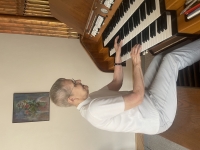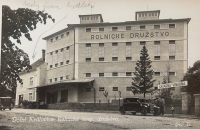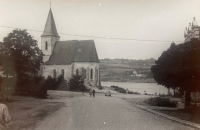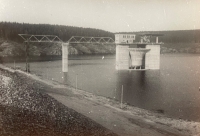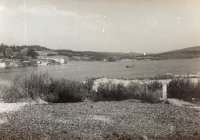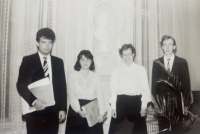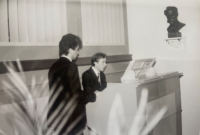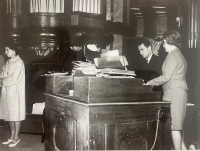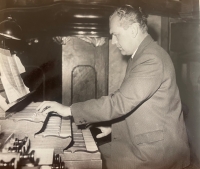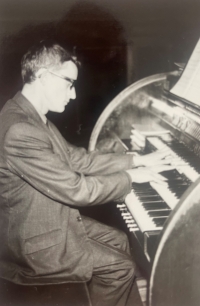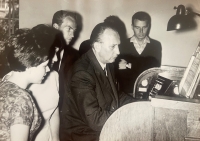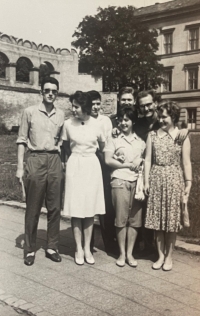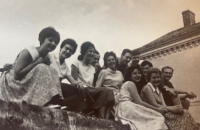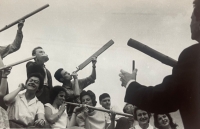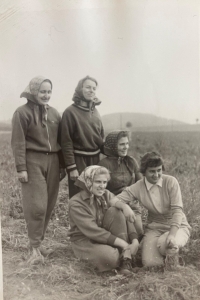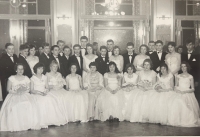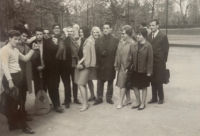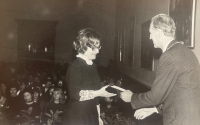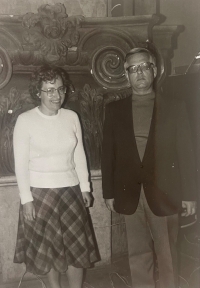I preferred to lock the church choir after leaving at a certain time

Download image
Organist, choirmaster and harpsichordist Jitka Chaloupková was born on 23 November 1943 in Dolní Kralovice, which later had to give way to the construction of the Želivka water reservoir. In 1948 the whole family had to move to Teplá in the West Bohemian border region for political reasons. The Chaloupkas briefly attended mass in the Teplá monastery, which was closed down in 1950 in the violent Aktion K. In the local church, Jitka Chaloupková was attracted by the sound of the organ, and she developed her musical talents at the music school in Bečov nad Teplou. She later studied at the Prague Conservatory and the Academy of Performing Arts, and spent two years on a scholarship in Weimar. In the summer of 1968 she witnessed a student protest in Leipzig against the demolition of the Gothic church, and spent 21st August at home in Teplá. From the 1970s she worked at the conservatory in Pilsen, and from the 1990s also at the conservatory in České Budějovice. At the time of the interview in 2023, she was still looking after the organ of the Plzeň diocese as an organist and leading the church choir.


